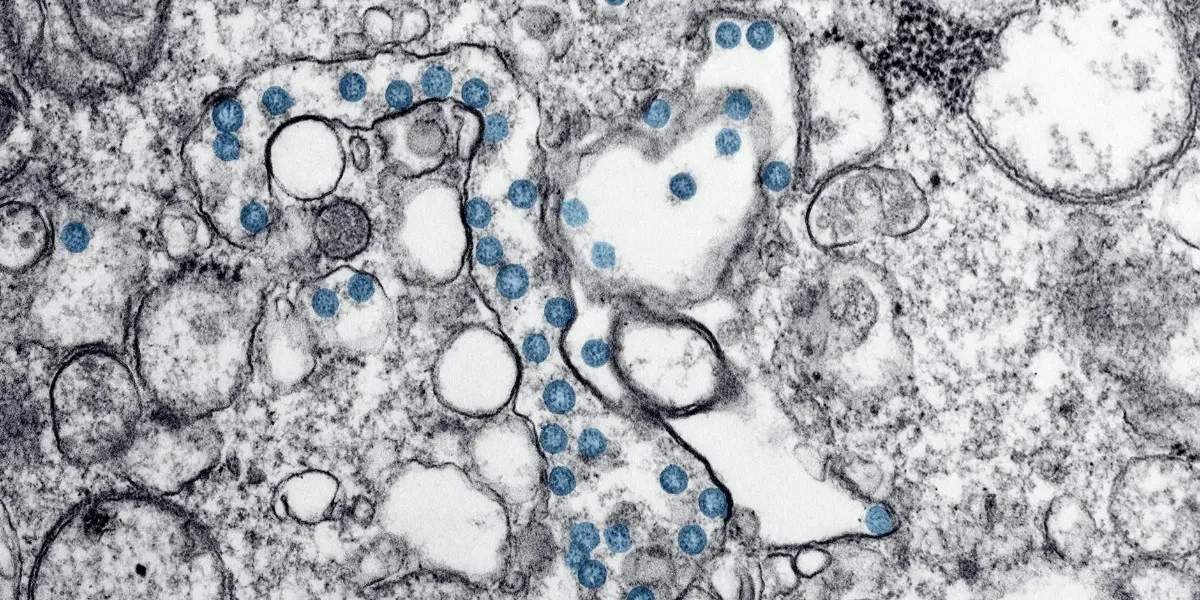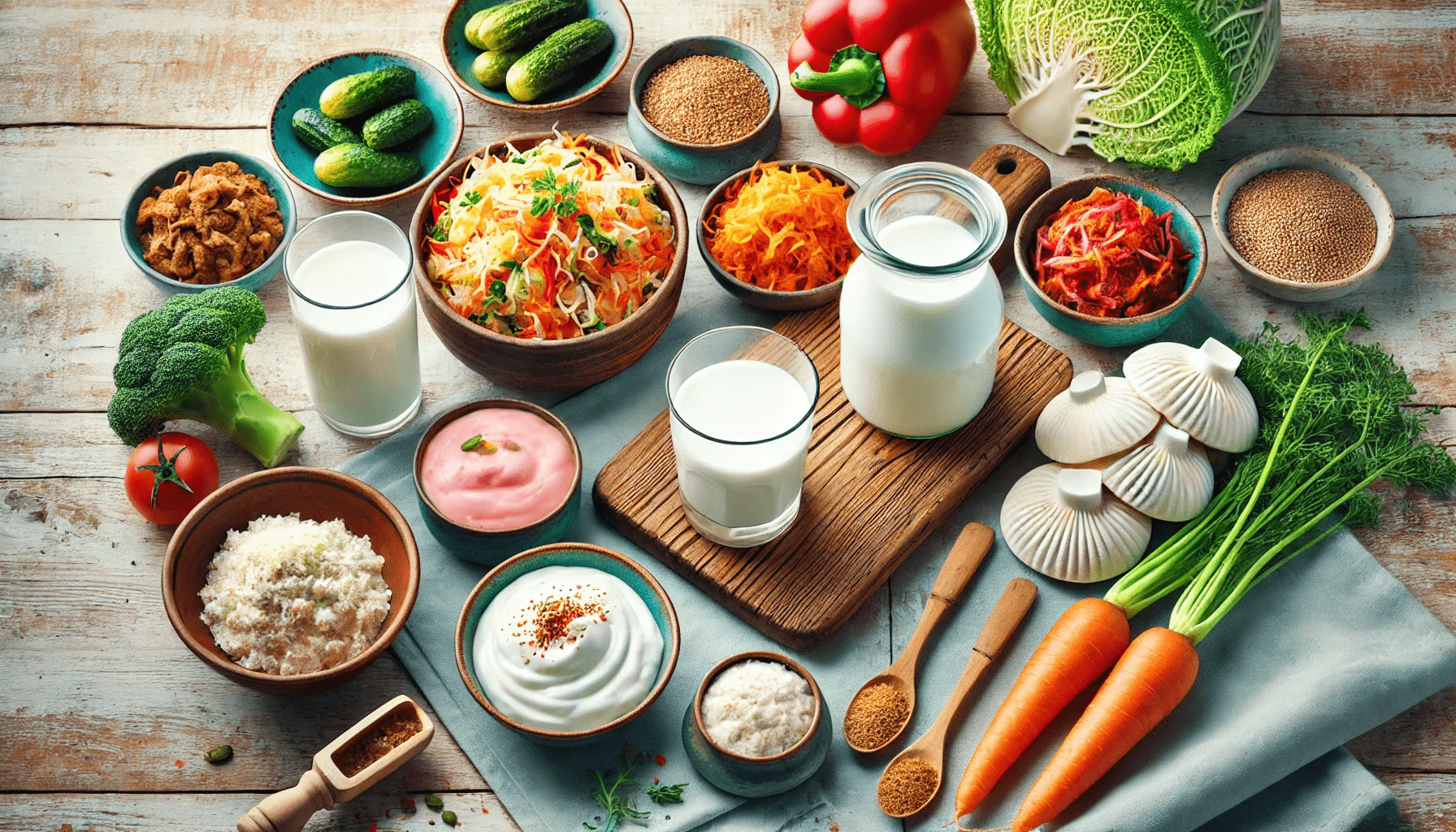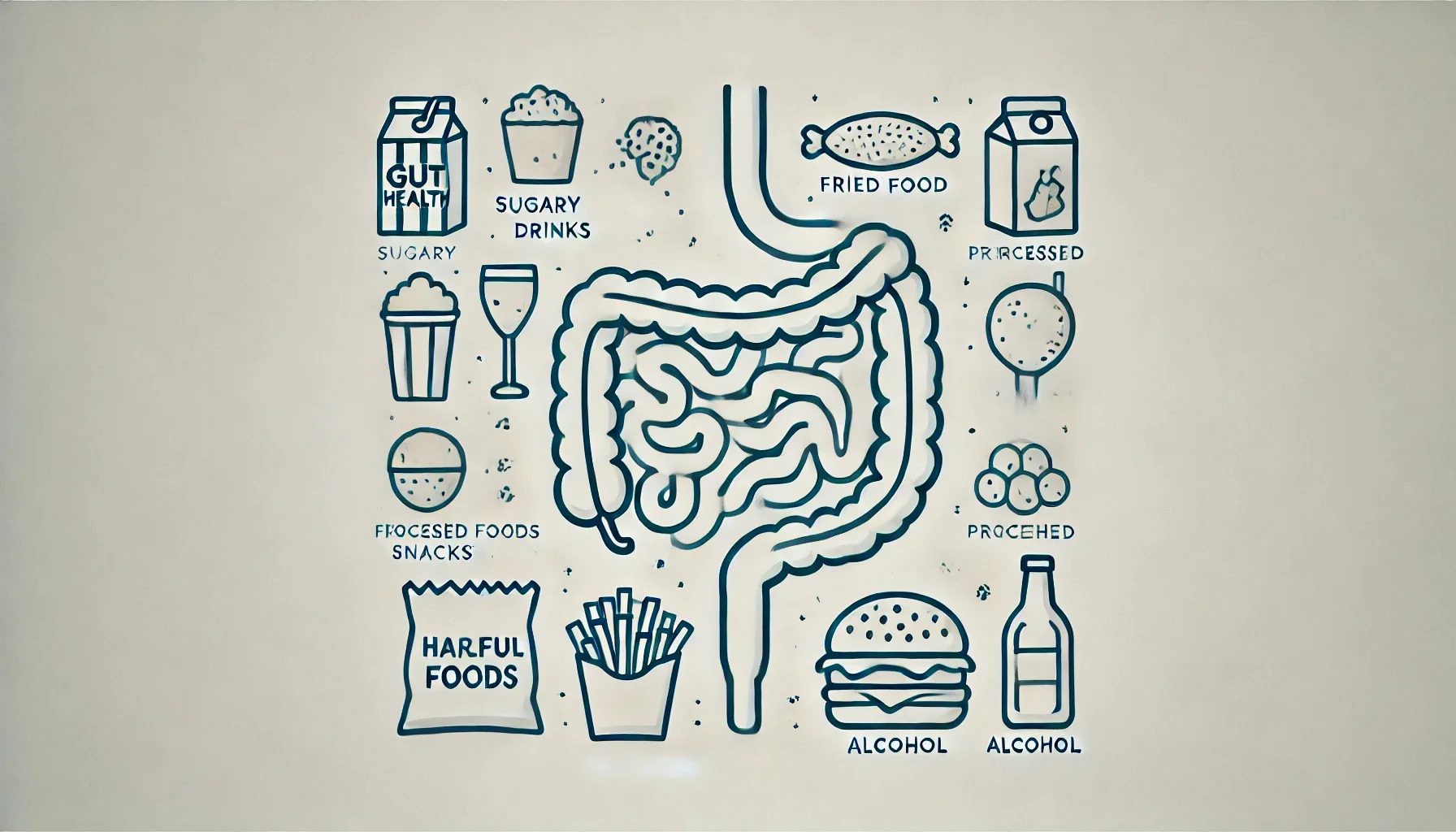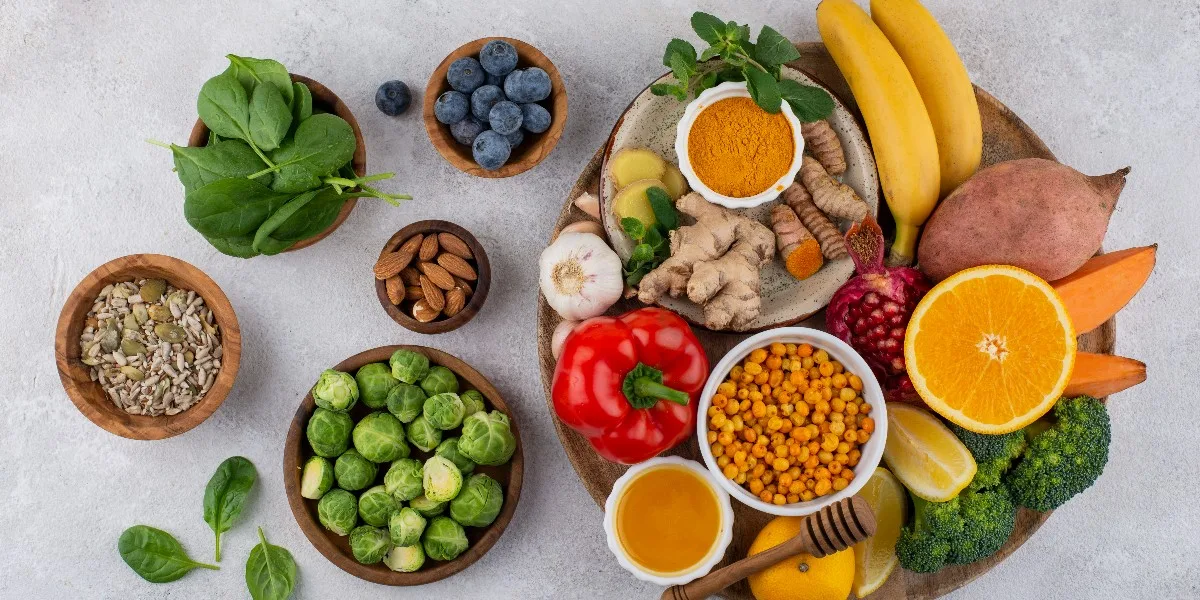Why Gut Health Matters
Gut health is a cornerstone of your overall well-being, affecting everything from digestion to immunity. The gut, also known as the gastrointestinal tract, is home to trillions of microorganisms collectively called the gut microbiome. These bacteria, fungi, and viruses play an essential role in breaking down food, absorbing nutrients, and supporting your immune system. In India, digestive issues like bloating, acidity, and indigestion are common, often linked to poor gut health. Thankfully, making simple lifestyle and dietary changes can have a profound impact on improving gut function.
Understanding Your Gut Microbiome
The gut microbiome is a community of microorganisms that reside in your intestines. A healthy balance of these microbes is vital for digesting food, producing vitamins, and preventing harmful bacteria from taking over. Your microbiome is unique and influenced by your diet, environment, and lifestyle. In recent years, research has shown that a well-functioning gut microbiome is closely linked to mental health, weight management, and even skin health. Keeping these microbes balanced is key to maintaining a healthy digestive system.
Signs of Poor Gut Health
Symptoms of poor gut health are easy to overlook but can lead to larger health concerns if not addressed. Some common signs include:
- Frequent bloating or gas
- Persistent indigestion or heartburn
- Fatigue, even after getting enough sleep
- Skin problems like acne or rashes
- Unexplained weight changes
- Weak immunity, frequent colds, or infections
If these symptoms persist, it might be time to focus on improving your gut health.
Foods That Promote a Healthy Gut
Diet is one of the easiest and most effective ways to improve gut health. Incorporating these foods into your daily meals can help support digestion and a balanced microbiome:
- High-Fiber Foods: Fiber feeds the good bacteria in your gut, promoting better digestion. Opt for fruits like apples and bananas, vegetables like spinach and carrots, and whole grains like oats and brown rice. Traditional Indian staples like dal (lentils) and rajma (kidney beans) are also excellent sources of fiber.
- Probiotic-Rich Foods: Probiotics are live beneficial bacteria found in foods like yogurt, buttermilk, and fermented dishes like dosa and idli. These foods help replenish the good bacteria in your gut, aiding digestion and boosting immunity.
- Prebiotic Foods: Prebiotics are non-digestible fibers that feed your gut bacteria. Foods like garlic, onions, and bananas are great prebiotics that promote gut health. Including these in your diet can help maintain the balance of good bacteria in your digestive tract.
Simple Lifestyle Changes to Support Gut Health
Improving your gut health doesn’t require drastic changes. Start with these simple adjustments:
- Stay Hydrated: Drinking enough water is essential for digestion. Water helps break down food, making it easier for your body to absorb nutrients. Aim for 8-10 glasses a day, especially if you live in a hot or humid climate like most parts of India.
- Regular Exercise: Physical activity stimulates the muscles in your intestines, helping food move smoothly through your digestive system. Even moderate exercise, such as walking or yoga, can have a significant impact on your gut health.
- Manage Stress: High-stress levels can disrupt your gut microbiome, leading to indigestion and bloating. Practices like meditation, deep breathing, or yoga can help reduce stress and promote a healthy digestive system.
Avoiding Common Gut Health Disruptors
Certain foods and habits can negatively affect gut health. Here’s what to avoid:
- Processed Foods: Highly processed foods often contain artificial additives and preservatives that disrupt the balance of gut bacteria. Fast food, packaged snacks, and sugary drinks can contribute to gut inflammation.
- Excess Sugar and Alcohol: Too much sugar and alcohol can harm the good bacteria in your gut. Moderation is key—try limiting sugary desserts and reducing your alcohol intake to maintain a healthy microbiome.
- Overuse of Antibiotics: While antibiotics are sometimes necessary, their overuse can kill both harmful and beneficial bacteria in your gut. If prescribed antibiotics, ask your healthcare provider about probiotics to restore gut balance.
How Gut Health Affects Immunity
Did you know that 70% of your immune system is housed in your gut? A healthy gut can enhance your immune response, helping your body fight infections more effectively. Conversely, poor gut health weakens your immunity, making you more susceptible to illnesses like the common cold, infections, and even autoimmune diseases. Supporting your gut with proper nutrition and lifestyle choices can boost your immune system naturally.
The Importance of Sleep for Gut Health
Sleep and gut health are closely connected. Lack of sleep can throw off your gut bacteria, leading to digestive issues like constipation or bloating. To support gut health, aim for 7-9 hours of quality sleep every night. Establishing a bedtime routine, limiting caffeine intake in the evening, and practicing relaxation techniques can improve your sleep quality.
When to Seek Medical Advice
While lifestyle changes can significantly improve gut health, certain symptoms may require medical attention. If you experience severe or chronic abdominal pain, sudden weight loss, or persistent diarrhea, consult a healthcare professional. Conditions like irritable bowel syndrome (IBS) or inflammatory bowel disease (IBD) may require personalized treatment.
Final Thoughts: Small Changes, Big Impact
Taking care of your gut health doesn’t need to be overwhelming. By making small, gradual changes to your diet and lifestyle, you can experience better digestion, increased energy, and a stronger immune system. Start by incorporating more fiber, probiotics, and prebiotics into your meals, staying hydrated, and managing stress. These simple adjustments can make a big difference in your gut health—and overall well-being.
Medical Disclaimer: This article is for informational purposes only and is not a substitute for professional medical advice. Always consult with a healthcare provider for personalized recommendations.








